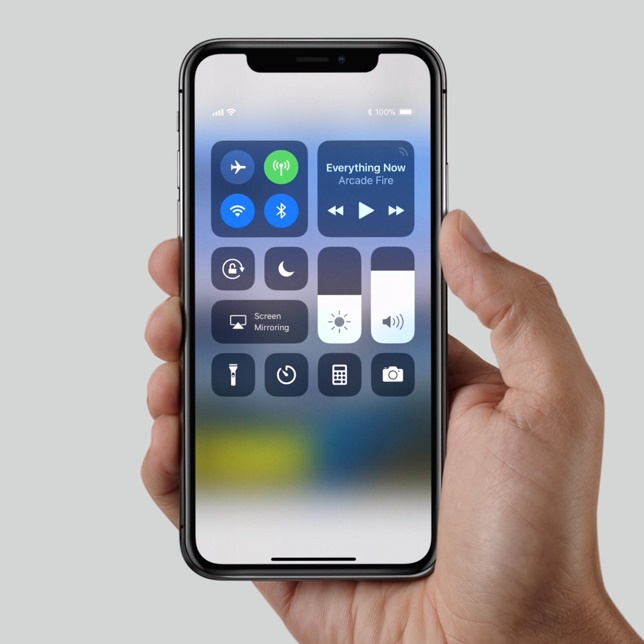
Citing a report in Taiwan’s “Economic Daily News,” TheStreet.com reported Thursday morning that Apple Inc. (NASDAQ: AAPL) may be cutting orders for iPhone 8 parts by as much as half in the final three months of 2017. The Taiwanese newspaper’s report is based on information received from unnamed sources.
There have been other hints that iPhone 8 sales are less than Apple had hoped for: many stores have reported sales of iPhone 7 models are better than sales for the new phones and sales of the larger iPhone 8 Plus are better than those for the iPhone 8. If these observations are in fact true, they are unusual, if not unique.
Earlier this week Newsweek reported that Chinese factories building the iPhone 8 have been laying off workers as a result of poor sales. Last week China Labor Watch said that hundreds of workers went out on strike following layoffs at two factories affiliated with component supplier Jabil.
In the press release dated last Thursday, China Labor Watch said:
[A]s iPhone 8 sales have declined and Apple has decreased its orders to Jabil factories, workers’ overtime and wages have been affected as well. Workers at certain workshops are only working four days a week.
As a result, the labor dispatch companies involved are also unwilling to fulfill their previously promised reward for workers who have worked for more than 45 days. Currently, these companies are requesting workers, which includes those who have worked at the factory for around 45 days, to leave or be reassigned to another factory.
Another reason for the reportedly slow sales of the iPhone 8 could be the delayed release of iPhone X. Where the iPhone 8 is seen by many consumers as another incremental upgrade to the iPhone line, the X, with its facial recognition software, edge-to-edge display and no Home button, has been touted by Apple itself as the future of the smartphone.
Consumers might correctly ask why they should pay as much as $200 more for an iPhone 8 than an iPhone 7 instead of waiting for an iPhone X that will cost at least $300 more than the iPhone 8. At least the X gives its owner bragging rights to owning the next big thing. Or not.
In any event, the Taiwanese report has hit Apple’s shares in premarket trading Thursday. The stock traded down about 1.4% to $157.50, in a 52-week range of $104.08 to $164.94. The consensus 12-month price target on the stock is $174.39.
Thank you for reading! Have some feedback for us?
Contact the 24/7 Wall St. editorial team.



